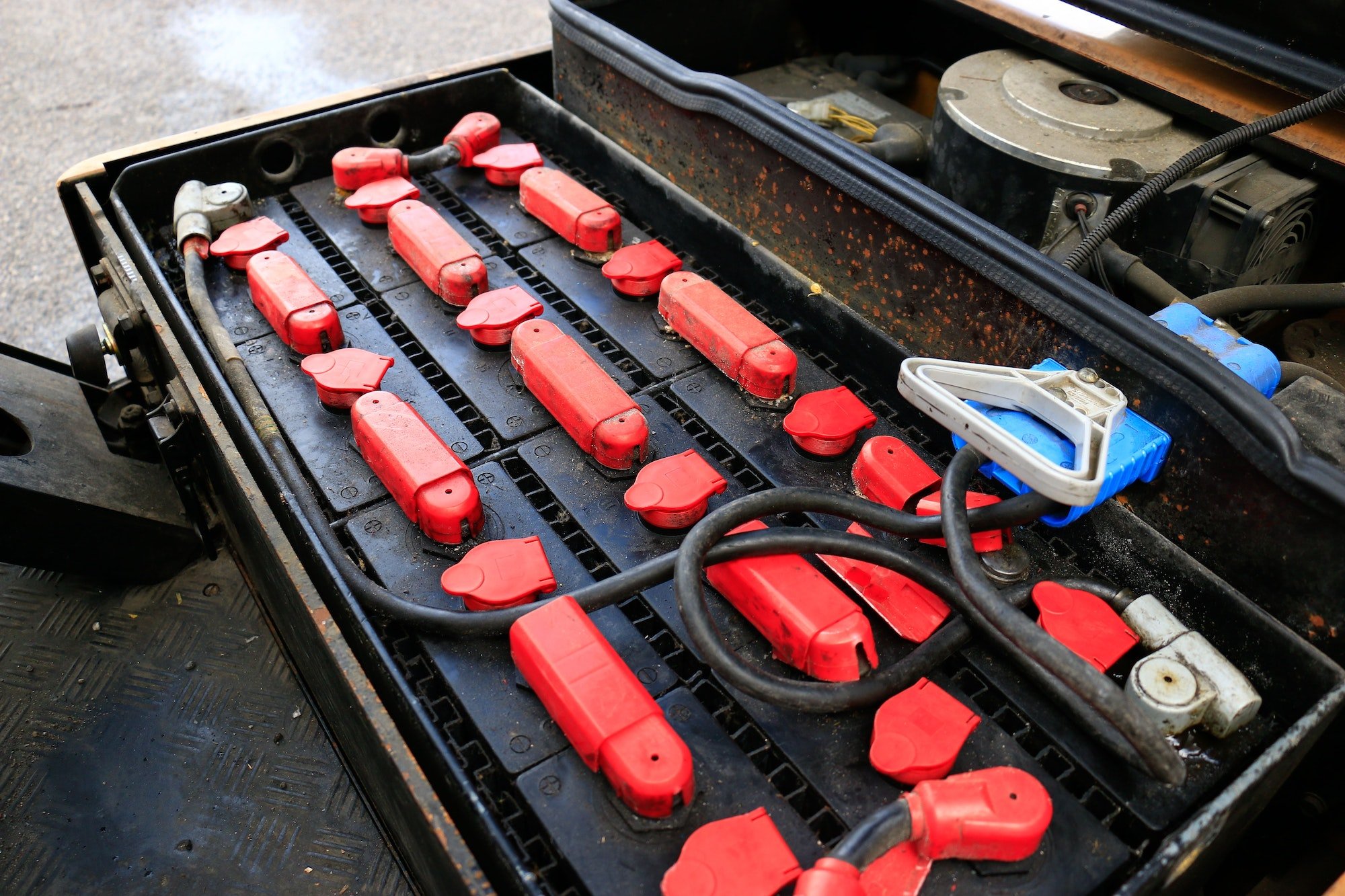Electric forklifts are a game-changer for many industries; they are more efficient and cost-effective than traditional gas-powered models, allowing businesses to save money, reduce emissions, and increase their productivity. However, with this added power comes the need for more frequent maintenance and battery care. Proper upkeep of your electric forklift’s batteries can help prolong their lifespan and maximize their efficiency. Here are some tips on how to get the most out of your electric forklift’s battery.
1. Recharge Regularly
One of the most important steps to take in prolonging the life of your electric forklift’s battery is to recharge it regularly. The best way to do this is to charge the battery overnight, and then use it during the day. This will ensure that the battery has enough power to last throughout the day and will help to prevent it from becoming overcharged or undercharged. It is also important to keep an eye on the battery’s charge level and to recharge it when necessary.
2. Monitor Environment and Usage
It is also important to monitor the environment and usage of the electric forklift. This includes monitoring the temperature of the battery, as extreme temperatures can cause damage to the battery cells. It is also important to monitor the frequency of use, as the more often you use the forklift, the more likely it is to experience wear and tear.
3. Maintain Proper Storage
Proper storage of the electric forklift’s battery is also essential for ensuring its longevity. Batteries should be stored in a cool, dry place, away from direct sunlight and other sources of heat. It is also important to ensure that the battery is kept away from any flammable materials, such as gasoline or oil.
4. Utilize Preventive Maintenance
Finally, it is important to utilize preventive maintenance to ensure that your electric forklift’s battery remains in good working order. This includes regularly checking the battery’s charge level, cleaning the terminals, and replacing any worn out parts. It is also important to make sure that the battery is charged and discharged correctly, as overcharging or discharging can cause damage to the battery cells.
By following these tips for battery care for electric forklifts, you can help to ensure that your electric forklift is running at peak performance and that its battery is lasting as long as possible. For more information on how to maximize your electric forklift’s efficiency and prolong its lifespan, contact a turnkey maintenance solutions provider today.

